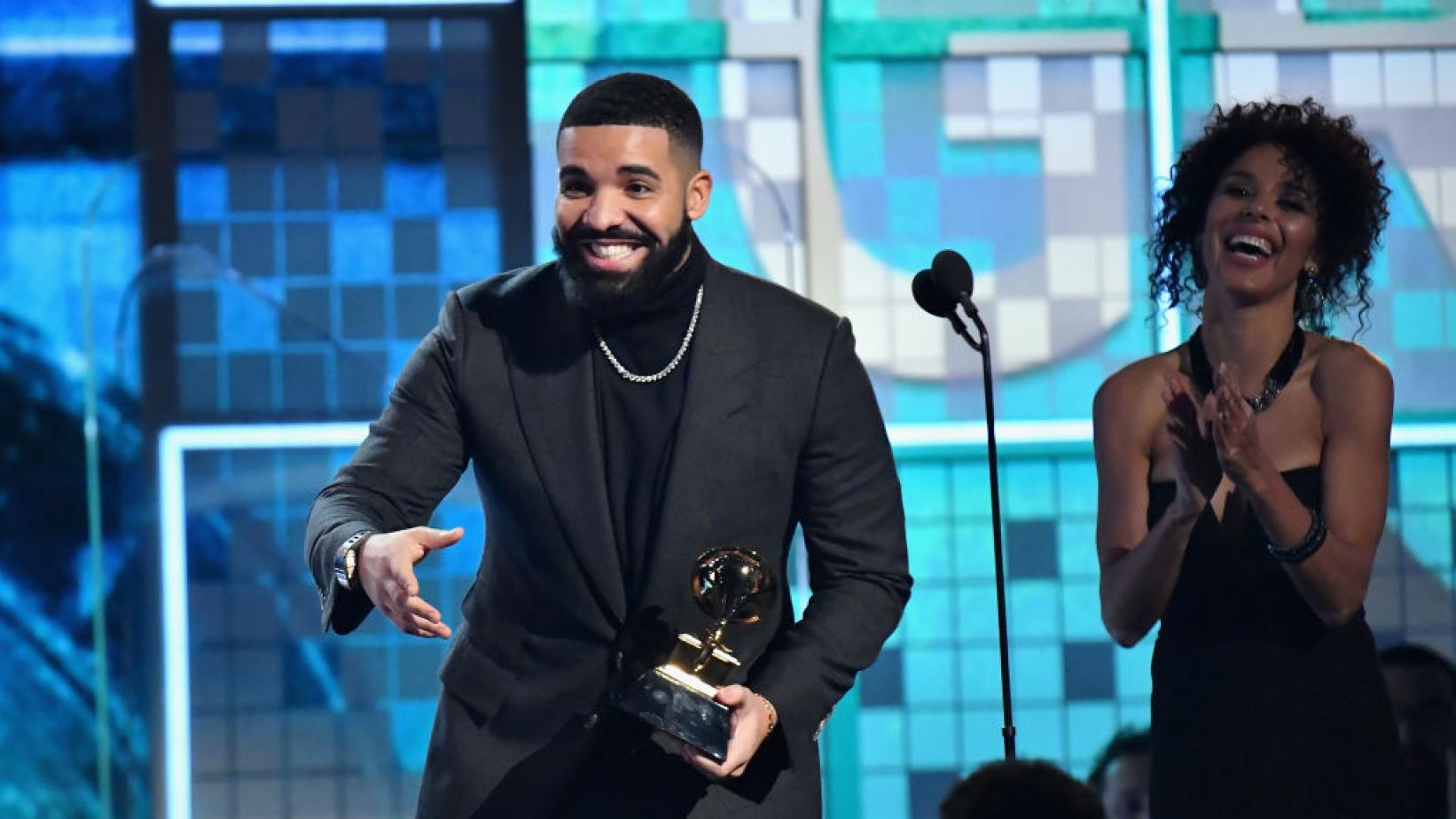
Drake Schools the Grammys on How Freedom Promotes Diversity, Democracy, and Minority Rights
So apparently it takes a Canadian rapper to remind us Americans about the beautiful, and profoundly democratic, diversity that comes with freedom. The occasion was the 61st Grammy Awards, and Drake had just taken the stage to accept his award for best rap song. You tired and scared moguls of American Music, Listen Up:
“We play an opinion-based sport, not a factual-based sport. This is a business where sometimes it’s up to a bunch of people that might not understand what a mixed-race kid from Canada has to say, or [pointing to Cardi B] a fly Spanish girl from New York. The point is, you’ve already won if you have people who are singing your songs word for word, if you are a hero in your hometown. Look, if there [are] people who have regular jobs who are coming out in the rain, in the snow, spending their hard-earned money to buy tickets to come to your shows, you don’t need this right here. I promise you, you already won.”
With that, his microphone was cut off, thus launching a tiresome debate about why. Were his words too unpopular with the Pooh-Bahs of the Music Industrial Complex? Or was it just time to go to another commercial break? I don’t know, but all of the articles about his speech seem to center on this drama, tragically ignoring what Drake actually had to say.
The context is important. The Grammys have been losing relevance for years, as styles of music and new songs in all of their beautiful mutations challenge the old categories. It almost seems silly to try to force music into these boxes anymore. Equally important, artists of color—“a mixed-race kid from Canada… or a fly Spanish girl from New York,” for instance—have accused the awards process itself of bias against them and their innovations.
So do the Grammys still matter? Not so much, and that’s not going to change. Far more important, in our radically democratized world, is a musician’s ability to connect directly to a passionate audience. With democracy comes diversity and niche markets and weird sub-sub-genres and your right as a musician to play whatever you want for whomever you want, as long as you don’t hurt anyone or take their stuff.
Do we really want a single top-down institution deciding tastes and preferences for us? That’s how it was in music, when the old warlords of commercial music used to decide for us. They would force us to fall into line and listen to the songs and styles they determined, from the top down, were right for us. And guess whose opinions determined who would win the Grammy?
Happily, those days are gone, replaced by liberating technologies that allow each individual music lover to be exactly right about his or her choices. Right now on Spotify, Drake and Cardi B live in peaceful coexistence with Willie Nelson and Kacey Musgraves, Childish Gambino and Wayne Shorter, Dua Lipa and Chris Cornell. These musicians all do wildly different stuff, and represent very different communities of fans. And everybody gets exactly what they want, without some central scrutinizer picking winners and losers long before anyone shows up for the show.
Maybe, just maybe, there’s broader lesson here somewhere. In our era of culturally divided, tribal, and increasingly angry politics, why don’t we just let all minorities—singers and fans, producers and consumers—of all tastes and preferences, decide for their own selves. Our peaceful coexistence in a beautifully diverse nation might well depend on it.




m
Why “let all minorities decide for themselves?” Don’t we all?